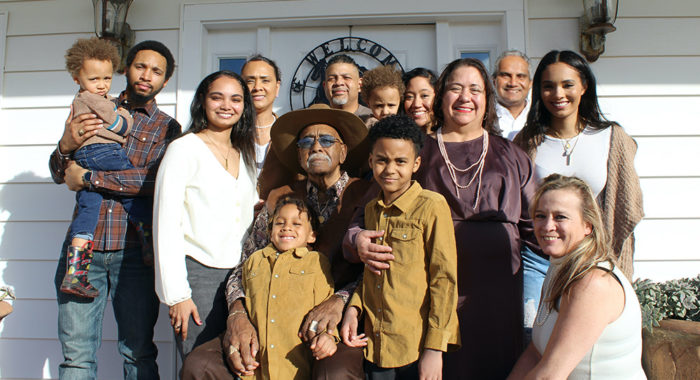
The National Association of Evangelicals (NAE) believes God designed marriage as an exclusive covenantal relationship between a man and a woman. We cherish the freedom to preach, teach and practice these core convictions, while respecting our fellow citizens who do not share these beliefs. For this reason, we welcome the religious liberty protections in the Respect for Marriage Act (RMA).
The NAE does not agree with the understanding of marriage expressed in this bill. But precisely because our beliefs are not shared by many of our fellow Americans, we welcome the additional protections that Congress provided in this bill for those who do hold traditional beliefs about marriage.
Some of the religious freedom provisions in the bill include:
- Congress finds traditional beliefs about marriage are reasonable and deserve respect. Congress for the first time has declared, on a bipartisan basis, that “[d]iverse beliefs about the role of gender in marriage are held by reasonable and sincere people based on decent and honorable religious or philosophical premises. Therefore, Congress affirms that such people and their diverse beliefs are due proper respect.” This reduces any threat to the tax-exempt status of religious organizations with the Internal Revenue Service. There is no basis in this bill for a national policy equating support for traditional marriage with racism or bigotry.
- Existing religious freedom protections are reinforced. The bill acknowledges the existing constitutional and statutory protections for religious freedom, and none are diminished by this act. This includes the Religious Freedom Restoration Act, which some in Congress have worked to diminish in scope, as well as the Religious Land Use and Institutionalized Persons Act.
- New protection for religious schools and nonprofits. The bill expressly provides that religious nonprofits and their employees “shall not be required to provide services, accommodations, advantages, facilities, goods, or privileges for the solemnization or celebration of a marriage.” These organizations and persons also cannot be sued for exercising this right.
Since the Supreme Court’s Obergefell decision in 2015, same-sex marriage has been legal in all 50 states as well as in all U.S. territories. The Respect for Marriage Act does not change that. In the unlikely event that the Supreme Court were to overturn Obergefell, the RMA would require states to continue recognizing same-sex marriages licensed in other states, but it would not require any state to issue same-sex marriage licenses. The significant change with the RMA is that religious organizations receive the religious freedom protections outlined above.
These freedoms were not contained in the original version of the RMA passed by the House of Representatives in July 2022, nor were they in the initial Senate version. We issued a statement reaffirming our convictions about marriage and the need for robust religious freedom protection in any legislation. Several senators negotiated the additional provisions that became part of the final bill including, notably, Kyrsten Sinema (I-AZ), Thom Tillis (R-NC) and Rob Portman (R-OH), with the support of the bill’s chief sponsors, Susan Collins (R-ME) and Tammy Baldwin (D-WI).
The NAE will continue to support efforts that strengthen religious freedom protections for all people. The bipartisan process leading to the inclusion of religious freedom protection in this bill demonstrates that, despite deep and significant disagreements, advocates of religious and LGBTQ rights can work together to reduce hostility between our communities. This opens new doors to respectful relationships and a more winsome gospel witness and ministry with all our neighbors.



 View All Updates
View All Updates 

























